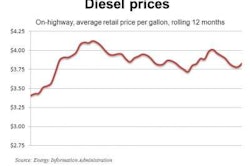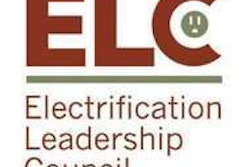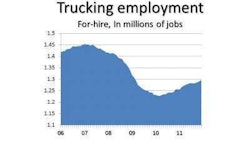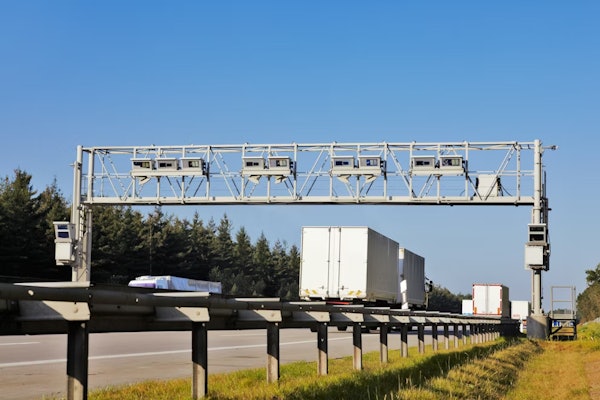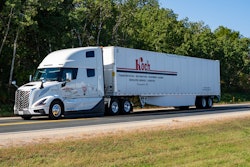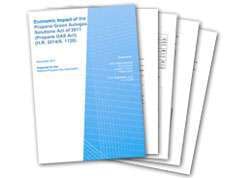
Roush CleanTech, a manufacturer of propane autogas fuel systems, on Tuesday, Jan. 10, applauded the findings of an independent analysis that argues the Propane Green Autogas Solutions Act of 2011 (H.R. 2014/S. 1120) would create a substantial economic boom to the U.S. economy. According to the study, passage of the legislation could create up to $5.7 billion per year in new economic activity and 42,000 net new U.S. jobs over the next five years.
Roush said ICF International, a provider of consulting services and the author of the study, applied standard economic modeling and analysis techniques to evaluate how the policy would impact the American economy. The study shows that from 2012 through 2021, this legislation would generate an increase in economic activity of up to $29 billion and, during the same period, diminish crude oil and petroleum imports by 83 to 117 million barrels. This would be accomplished while creating no net cost to taxpayers and while reducing emission of harmful environmental pollutants from fleet vehicles across the country, according to the study.
“With presidential election activities heating up, the issue of job creation and the economy is plastered across the news headlines every day,” says Joe Thompson, president of Roush CleanTech. “Right now, Congress is holding the key to legislation that could drive significant economic activity in our country, and that key is passage of the Propane GAS Act. Extending these tax incentives is critical to providing solutions to three important issues dominating the headlines – job creation, stimulating economic growth and delivering on energy security through the use of a domestically produced alternative to gasoline and diesel.”
The Propane GAS Act aims to extend provisions found in both the 2005 Energy and 2005 Highway Bills that established tax incentives for propane autogas. The incentives would help cover the incremental cost to convert a vehicle to run on propane autogas, cover 50 cents per gallon for every gallon pumped using onsite refueling infrastructure, and help cover some of the cost to expand refueling infrastructure around the nation.
The author of S. 1120 is U.S. Sen. Ben Cardin (D-Md.), with U.S. Sen. Debbie Stabenow (D-Mich.) and U.S. Sen. Roy Blunt (R-Mo.) as original cosponsors. The author of H.R. 2014 is U.S. Rep. John Carter (R-Texas), with U.S. Rep. Dan Boren (D-Okla.) and U.S. Rep. Mike Rogers (R-Ala.) as original cosponsors. Since its introduction, the legislation has seen more than 20 members of Congress sign on as additional cosponsors from both political parties.
With up to 56,000 miles of pipeline, more than 6,000 retail dealer locations and thousands of fueling stations across the nation, propane has strong transportation and distribution infrastructures and sufficient domestic fuel supplies to meet foreseeable consumer demands, Thompson says. “If the leaders of our country want fleets to take action in achieving national goals for environmental sustainability and energy independence, they need to help put companies on the right track,” he says. “Winning the race for energy independence can be done with a budget-neutral proposition and is something any good American would volunteer to do. The ICF International study shows how the Propane GAS Act can get it done.”



